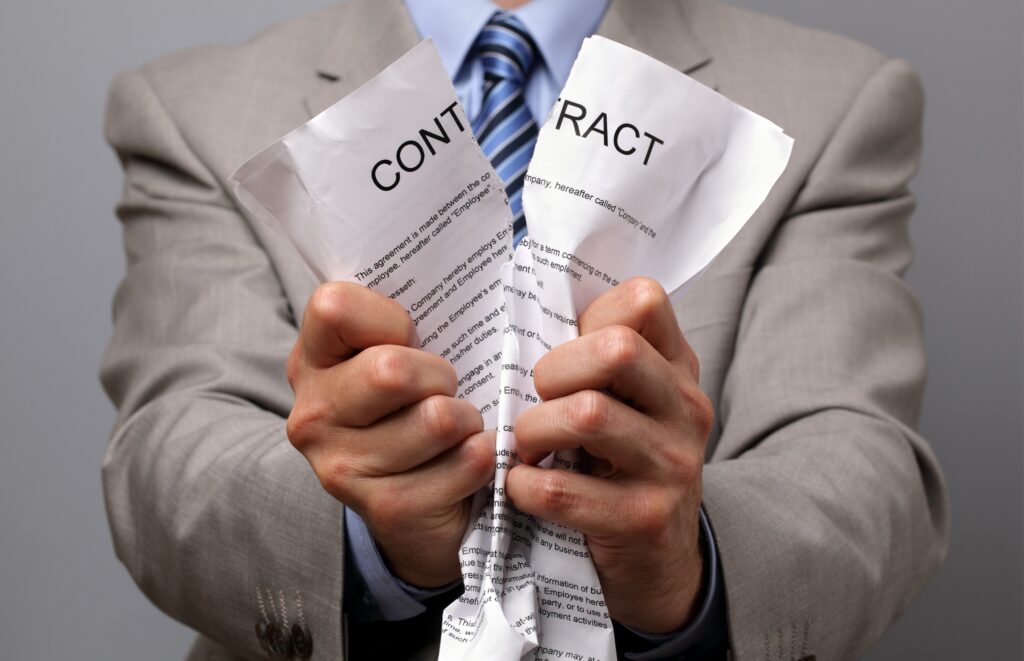Missouri can do more to rehabilitate youth in the criminal justice system
The bill would have changed the requirements for juveniles to be tried as an adult for unlawful use of a weapon and armed criminal action charges. Originally, the bill contemplated sending children as young as 12 to the adult system. Fortunately, Committee Chairman Rep. Shamed Dogan (R-Ballwin) proposed an amendment that would make the minimum age of certification 16 years old.
The amendment is in line with the celebrated “Missouri model” of juvenile justice. In Missouri, children who need to be removed from their homes are placed in small regional facilities instead of large, prisonlike institutions. By putting the rehabilitation of youth front and center, Missouri has achieved remarkable outcomes: children are safer within facilities, are less likely to commit future crime, more likely to graduate high school and are able to successfully transition back to their communities.
The Missouri Model also means children in the juvenile justice system stay closer to home, keeping them connected to their families and communities. It has also saved money for taxpayers in the process, been supported by governors from both political parties and became an example for other states.
Missouri has long recognized the fundamental differences between children and adults, and how children should be treated in the justice system to set them up for success. Between the Missouri Model and the state’s recent decision to raise the criminal age from 17 to 18, the Show-Me State has been a frontrunner in juvenile justice reforms. The amended version of HB 12 supported that vision as well.
Children in the adult system face much worse outcomes than those in the juvenile system. Research has shown that juveniles placed in adult facilities are more vulnerable to physical and sexual abuse, and do not receive age-appropriate services. Additionally, they leave the adult system with an adult criminal record, one that will follow them for the rest of their lives. The state of Missouri loses over a billion dollars every year from unemployment and underemployment due to these criminal records.
Although young people can be guilty of serious offenses, and the state must hold them accountable, it also has special responsibilities not to treat minors in ways that can permanently harm their development and rehabilitation. We don’t end up any safer when children are put into the adult system. Young people prosecuted as adults are between 34 percent to 77 percent more likely to be re-arrested than those who stay in the juvenile justice system. They learn to become more sophisticated criminals and lack the benefits of parental support and age-appropriate educational and psychological services.
Amidst COVID-19 and the uncertainties it has introduced into our lives, it’s hard to know what the path forward looks like and how to keep our children safe. We can’t protect them from everything, but policies like HB 12 can help minimize the harms our children face from being in the adult criminal justice system. While the bill died this session, the idea certainly does not have to.
Image credit: corgarashu






